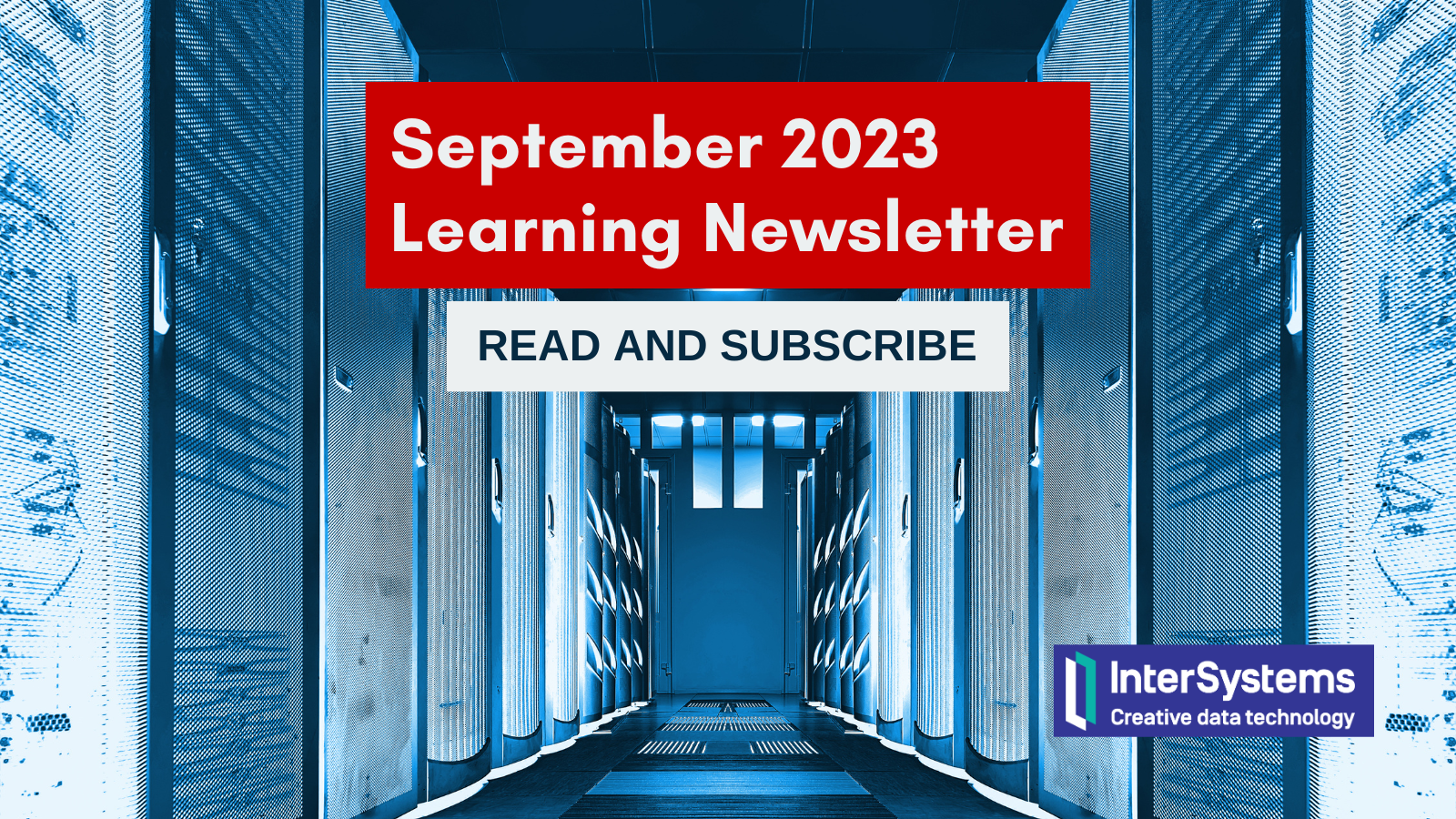Hello, good morning;
I would like to invite you all to try this game, it is a visual novel, it has not been made by me, and I have not any relation with the creator at all. It is free and playable with the web browser directly. It has English and Spanish as languages which you can play with.

.png)
.png)
.png)
%20(3).jpg)


%20(3)(1).jpg)
.png)